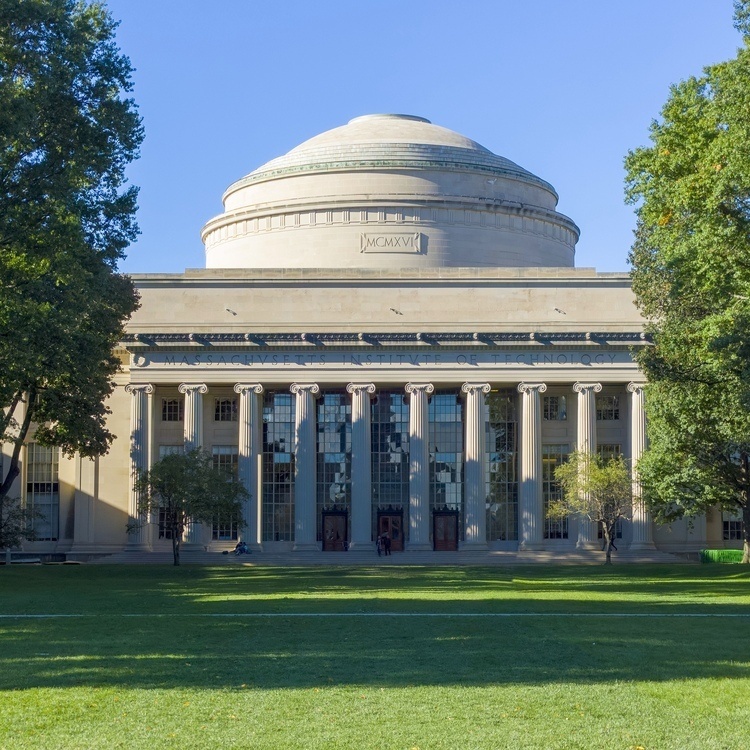
Madison Leet Thesis Defense: Investigating the prevalence and mechanisms of recovery from amblyopia after monocular vision loss
Description
Date/Time: Tuesday, April 1st at 1pm
In-person Location: Picower Seminar Room 46-3310
OnZoom: https://mit.zoom.us/j/93990740343?pwd=Q6hbJ1iFGUX8vowF1t4mUiFpPwUXzs.1 Password: TTX
Title: Investigating the prevalence and mechanisms of recovery from amblyopia after monocular vision loss
Abstract:
Amblyopia is a common and severe form of visual impairment, with significant unmet medical need for adults with the disorder due to declining cortical plasticity beyond early development. While investigating alternative ways to treat amblyopia, it was previously discovered that temporary inactivation of the non-amblyopic eye enables a recovery from amblyopic rearing in mice and cats. In the present work we test the hypothesis that activity in the dorsal lateral geniculate nucleus (dLGN) is important for retinal inactivation-induced recovery from amblyopic rearing. Single unit recordings in the dLGN demonstrated burst mode firing is increased after monocular inactivation, which is not input specific and occurs in units post-synaptic to the non-inactivated, seeing, eye. Furthermore, enhanced dLGN bursting is necessary for recovery from amblyopic rearing via normal eye inactivation, but visual experience is not. Finally, monocular retinal inactivation was also found to be effective at driving recovery in a non-eye specific manner as temporary inactivation of the amblyopic eye also could promote recovery from amblyopic rearing.

